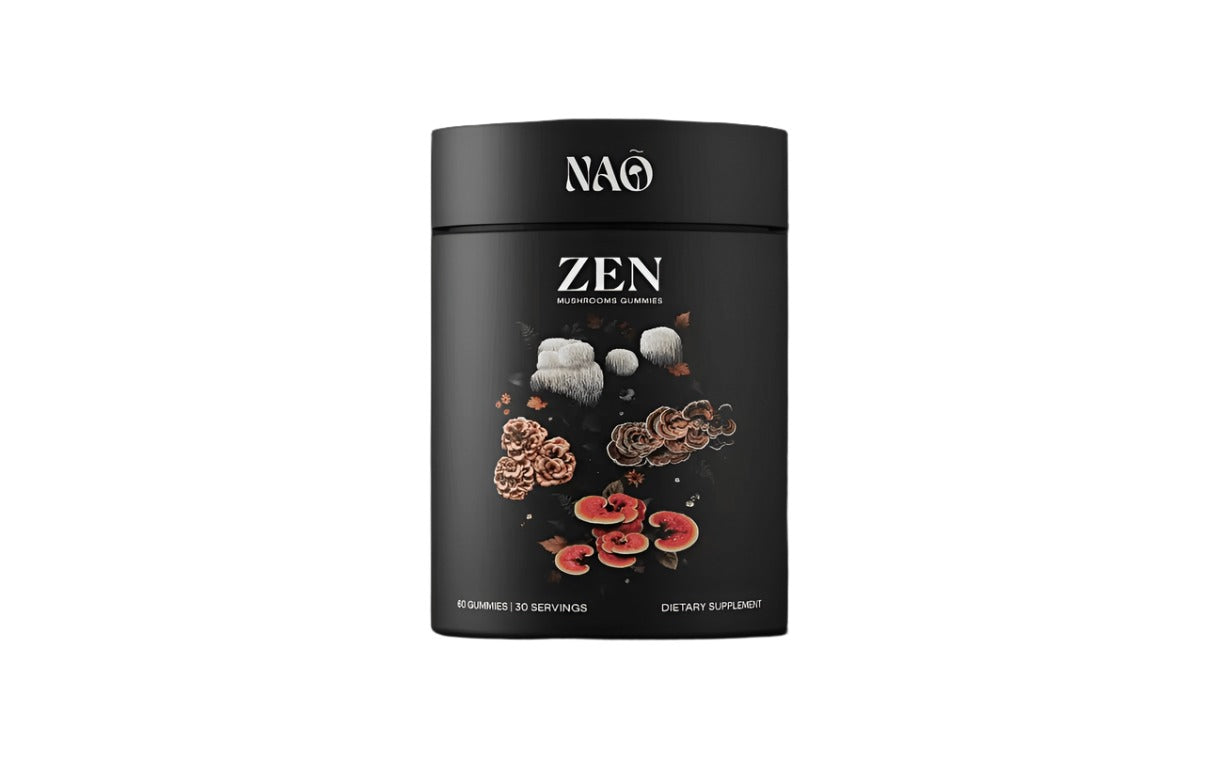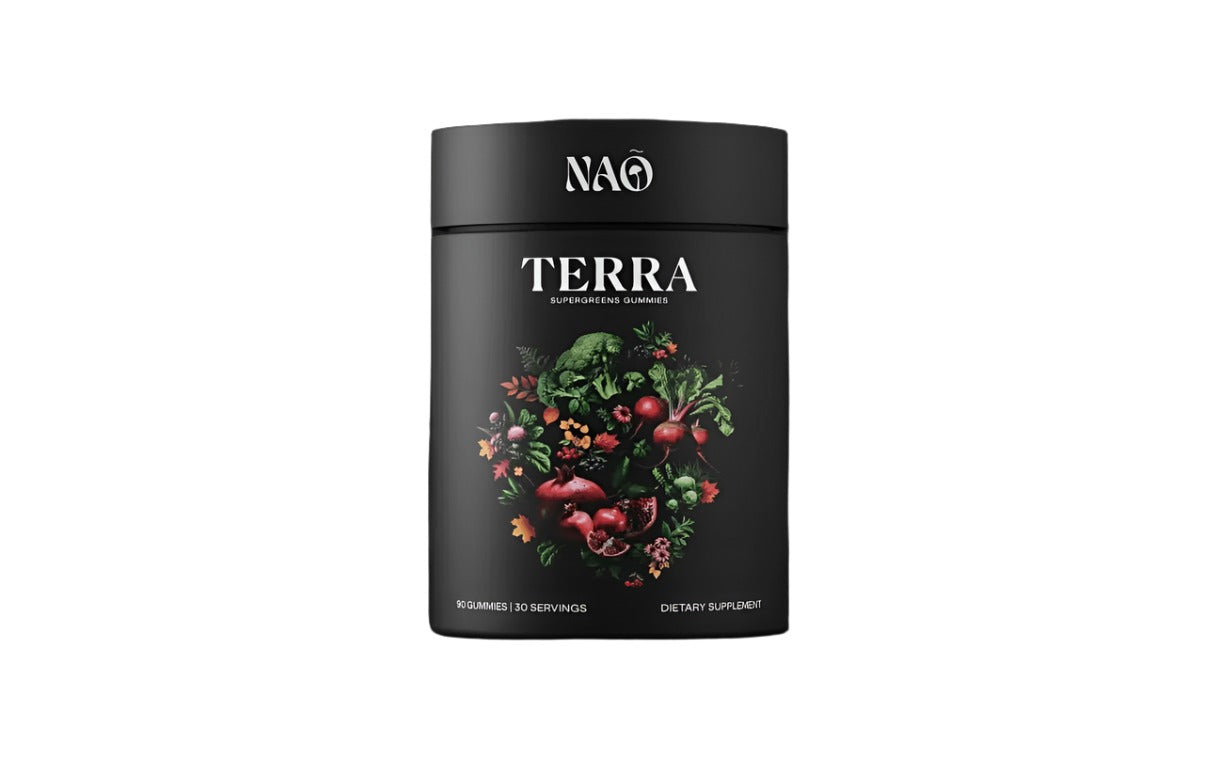Mushrooms have long been hailed as one of the trendiest and healthiest foods, famous for its rich taste and enormous health benefits. They have become one of the major staples of various diets, ranging from vegan, vegetarian, low-carb, to ketogenic diets, since they are rich in vitamins and minerals and full of antioxidants.
With the upsurge in their popularity, more and more individuals are consuming mushrooms and experimenting with different ways of adding them to their diets.
With this increasing consumption, one important question arises: Can you eat too much mushrooms? What consequences will it bring?
The Nutritional Value of Mushrooms
Mushrooms happen to be one of those culinary delights that also boast a powerhouse of nutrition. Low in calories but rich in nutrients, these versatile fungi are valuable in any diet. For immunity, weight management, or simply an overall feeling of well-being, mushrooms offer a multitude of benefits that no one can afford to overlook.

Key Nutrients in Mushrooms
Mushrooms are the powerhouse of a number of important vitamins, minerals, and antioxidants that make them so healthy. Following are some of them:
- Vitamin D: Mushrooms are one among the few vegetables capable of providing Vitamin D. It prevents damage to bones and builds up your immunity. It is also produced in great amounts by certain mushrooms, such as maitake and shiitake, upon exposure to sunlight or UV light.
- B Vitamins: Mushrooms, being an ideal source, contain riboflavin (B2), niacin (B3), and pantothenic acid (B5). These are very vital in the production of energy, function of the nervous system, and healthy skin.
- Selenium: Mushrooms have this important antioxidant mineral that guards the cells from oxidative damage, supports thyroid function, and boosts the immune system.
- Fiber: Mushrooms are a good source of dietary fiber, which aids digestion, promotes weight management, and regulates blood sugar levels.
Interested in boosting your health with natural gifts? Try mushrooms on WellNao!
Health Benefits of Mushrooms
Tremendous health benefits have been associated with regular consumption of mushrooms; hence, they are among the smart choices for individuals who wish to enhance their diet:
- Immune Health: Mushrooms contain beta-glucans and several other bioactive compounds that, in recent research, have been proven to improve immune responses. Studies can also show that such compounds have the ability to aid the body in fighting off infections by reducing inflammation.
- Weight Management: Being low in calories and high in fiber, mushrooms are great for weight management. The full-bodied texture with umami flavor makes them a great replacement for meats, which generally cuts down overall calorie intake.
- Overall Health: Ergothioneine and glutathione are two antioxidants found in mushrooms that help overcome oxidative stress associated with the process of aging and chronic diseases. Mushrooms have been proven through studies to possibly improve one's heart health, improve cognitive functions, and reduce the risk for certain types of cancers.
Can You Eat Too Many Mushrooms? Potential Risks and Side Effects
Mushrooms are without a doubt healthy and nutritious, but like any other food, one should not over consume too much of them. Just as adding mushrooms to your diet contributes to good health and wellness, too much consumption or their indiscriminate consumption has got various potential risks and side effects. It will be good to learn these risks to ensure safety and healthy consumption of mushrooms.

Overconsumption and Digestive Issues
Too much mushroom consumption may lead to digestive problems in the case of sensitive stomachs. Mushrooms contain a great deal of fiber, which, though good when taken in moderation, can cause bloating or gas, or even an upset stomach when taken in excessive amounts. Additionally, some forms of carbohydrates in mushrooms, like mannitol, are hard for some people to digest, thus causing further gastrointestinal distress.
Indeed, the mushroom is a very good source of many types of essential nutrients, but it is relied upon far too much in one's diet. Eating too much mushrooms could lead to an overdose of certain compounds, such as selenium, and, in huge amounts, it is toxic and causes health problems like hair loss, gastrointestinal upset, and neurological damage. On the other hand, it should be emphasized that a high interest in mushrooms may lead to insufficient attention being paid to other food and nutrients important to the organism and people's health in general.
Toxic Mushrooms and Poisoning
Probably, the most serious danger that mushrooms could present is related to poisoning by toxic species, which happened rather frequently among mushroom self-pickers. By no means are all wild-grown mushrooms fit for consumption, and some of them are even deadly poisonous.
Poisonous mushrooms, such as those of the genus Amanita, can be toxic enough to cause symptoms like nausea, vomiting, abdominal pain, liver damage, and even death in severe cases. It is absolutely crucial that foragers are informed and extremely cautious when choosing mushrooms from the wild. In any case of suspected mushroom poisoning, immediate medical attention should be delivered.
Food Allergies
Although relatively rare, allergies to fungi occur. Allergic responses to fungi can vary from the very mild to the very severe and can result in itching, hives, swelling, breathing difficulty or even anaphylaxis. People sensitive to molds and fungi need to be especially cautious with mushrooms because even tiny amounts can trigger a reaction.
How Many Mushrooms Should You Eat?
Mushrooms are a healthy addition to any diet, like all foods. To get the most health benefits while minimizing risk, it's best to consume different types of mushroom in an amount that is within the recommended daily allowance. Here is what you need to know about recommended daily intake and various factors which could impact how much of them it is safe to eat.
Recommended Daily Intake
Although there is not really a strict daily upper limit on the consumption of mushrooms, general nutritional guidelines put the serving size of mushrooms at about 1 cup-about 70 to 80 grams-of raw mushrooms or about half a cup of cooked mushrooms. This serving size can easily fit into an average diet and provide necessary nutrients such as vitamins B and D, selenium, and fiber without overloading one's system.
This serving size is, however, safe to be consumed by most people daily in a varied diet. If, however, one is having it in copious amounts on a regular basis, it would be prudent to balance one's intake with other vegetables and protein sources so as not to leave out nutrients important to the body.
Ok, let’s go to the next question: Can I eat mushrooms everyday?
Factors Affecting Safe Quantity
The amount of mushrooms that one can safely eat depends on several factors:
- Age: Because children have smaller body sizes and developing digestive systems, their servings of mushrooms may be smaller. It is best to introduce mushrooms slowly into a child's diet and watch for bad reactions.
- Health Status: There are some medical conditions, such as kidney disorders and sensitive digestion, which restrictively require a healthcare professional to be consulted in advance prior to an increase in mushroom consumption. Mushrooms contain substances which may influence the activity of some mechanisms in the human body and further deteriorate a condition if taken in great amounts.
- Dietary Needs: Mushrooms can become a significant input of protein in diets, such as vegetarian and vegan diets. Of course, this is supposed to be part of a well-rounded diet, with lots of other plant-based foods complementing the mushrooms. And when the need for selenium or vitamin D becomes greater, the consumption of mushrooms can be a little greater, although here too, it is very important to remain within reasonable limits overall.
Balancing Mushroom Consumption in Your Diet
Mushrooms are a nutrient-rich food and can be extremely versatile; it is best to keep in mind the principle of eating them in moderation within the context of a general balanced eating pattern. You can reap the greatest benefits from mushrooms by thoughtfully adding them to your meals, which will help to round out your nutrient intake without the risk of overconsumption.

Adding Mushrooms Healthily
To healthily add mushrooms into your diet, here are some tips you may want to consider:
- Modulation is Key: Consume mushrooms within the daily recommended serving sizes, about 1 cup raw or ½ cup cooked. This will keep the level of nutrients coming in without overloading your system.
- Variety in Preparation: One can also try grilling the wild mushrooms, sautéing them, or adding them to soups and salads. This variation can easily allow you to consume varieties of mushrooms without necessarily using them as a main product in every meal.
- Mushroom gummies: These are convenient options for those who want to enhance their consumption of nutritional components such as vitamin D. However, use the supplements and not sources, bearing in mind that they may just complement a good diet.
By the way: You probably ask yourself – what happens if you eat too many mushrooms? The mushrooms toxicity in the human digestive system, such as bloating and gas, stomach upset, and fiber content, may be seen. Nutrient imbalances can be other negative effects of consuming too much quantity. In the case of poisonous wild mushrooms, the outcome can be the most dangerous form of poisoning. Due to this fact, it is recommended that mushrooms be consumed in moderation as part of a healthy diet.
Pairing Mushrooms with Other Foods
Pairing mushrooms with other nutrient-dense foods can help ramp up the overall nutritional punch of your meals and allow you to avoid overconsumption:
- Leafy Greens: Mushrooms can be combined in salads or sautés with things like spinach, kale, or arugula. The greens add extra vitamins and minerals, balancing out the flavor of the dish.
- Whole Grains: Mushrooms go well with quinoa, brown rice, or whole-grain pasta. The grains will add more fiber and complex carbohydrates, turning your meal satisfying and nutritious.
- Lean proteins: Mushrooms combine well with lean proteins, like chicken, turkey, or tofu, creating an amino acid completion state and satiety.
- Healthy Fats: Sautéing mushrooms in healthy fats like olive or avocado oil not only enhances flavors but also facilitates better intake and absorption of fat-soluble vitamins such as vitamin D.
Let’s sum up our key question: Can you eat too many mushrooms? On the one hand, you can eat too much mushrooms. But you don’t need this. Being thoughtful in adding mushrooms to the diet and moderation with different kinds of food will ensure that one will enjoy the benefits from mushrooms but still observe a proper balance of diet. In this way, you get all that is good about mushrooms without running the risk of their overconsumption.













